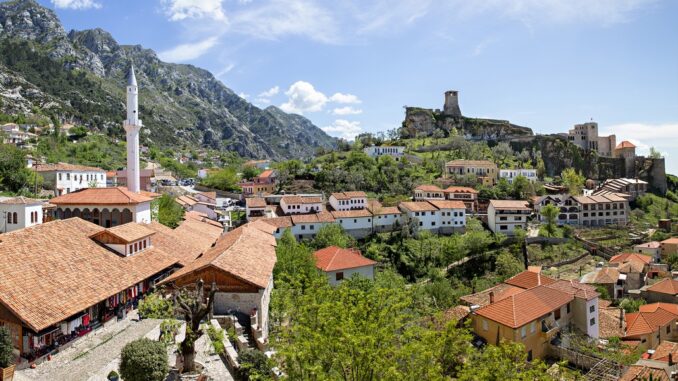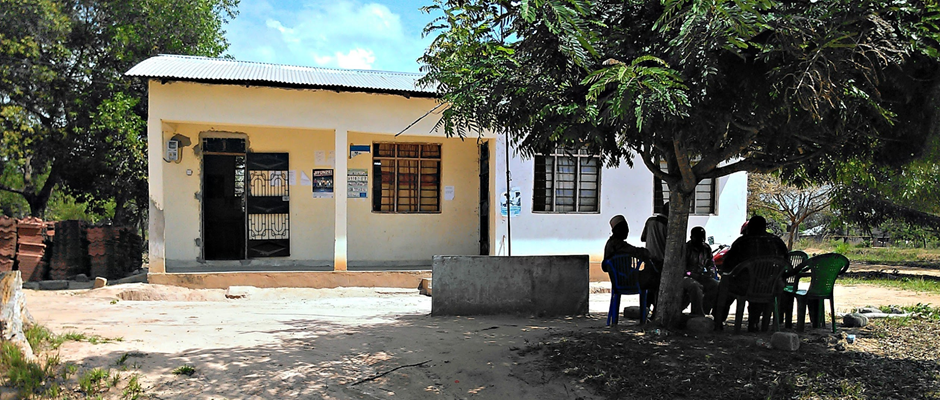
Subnational governments play a significant role in ensuring good public governance. The way that they are organized and function has a direct impact on the economic and social well-being of citizens and public trust in government. The structure of subnational government in the Western Balkans is a product of historical, socio-cultural and political factors. As in every other country, structures and practices evolve over time, not always optimally.
A recent study by OECD/SIGMA, Subnational government in the Western Balkans draws attention to the system of multi-level government in the six Western Balkan economies, comparing them both with one another and in the context of broader international trends in multi-level governance. Countries included in the study include Albania, Bosnia and Herzegovina, Kosovo, Montenegro, North Macedonia, and Serbia.
The paper provides a detailed overview of subnational governance arrangements in these countries, including the territorial and institutional organization, competences of local governments, human resources and accountability, public financial management, and vertical and horizontal co-ordination, in each case identifying key characteristics and recent trends. The study further sheds light on where the systems could benefit from reforms and what kind of support could help to deliver such reforms.
This analysis addresses a topic that is a core governance challenge for many states, including EU Member States and those who aspire to be EU Member States. The national reform programs of several EU Members, for example, include initiatives to clarify roles and responsibilities and better allocate resources across levels of government.
Key messages of identified specific and collective challenges and priorities in the Western Balkans:
- In general, local government structures follow the principle of “unitary community/symmetric distribution”, in which all municipalities have the same statutes, competences and powers, regardless of their size. Where villages, communes and other municipal entities exist, these are merely spatial units without distinct competences. At the same time, there are a few examples of special provisions for large cities and some examples of special status accorded to certain areas for political, cultural or other reasons.
- The range of competences of local governments in the Western Balkans is comparable to those found in EU countries. Most local governments have relatively wide responsibilities across land use, environmental protection, social services, early school education and health. The only exception is Montenegro, where municipal tasks are more narrowly defined.
- The large number of delegated competences are governed through numerous and scattered laws and regulations, under the responsibility of multiple ministries, which makes it difficult to get a clear picture of the full range of local government tasks More generally, information on the quality of public services delivered by local government is limited.
- Human resource management systems at local level vary between those that are linked to a universal civil service law and those that are locally defined. In both cases, limited capacity at the local level can make it difficult to apply central rules or guidance consistently in practice. The legal basis for merit-based and transparent recruitment exists in all Western Balkan economies, however, country information suggests that implementation is challenging in practice. In general, data on human resource management practices and performance is limited or does not provide a clear picture of how rules are actually applied.
- The share of the local government budget spent on salaries varies significantly, from 19% in Montenegro to 54% in North Macedonia. Limited information on the number and status of employees in local government, the difficulty of comparing salaries between central and local employees and other data issues suggest the need for further improvement of statistics on local level human resources.
- Information on the level of fiscal decentralisation and fiscal autonomy suggests some challenges for the region. On average, municipalities have comparatively less revenue-raising power, with fewer of their own taxes and revenues than similar local government units in the EU. As such, they are also largely dependent on earmarked grants from the central government with pre-set conditions for spending. This restricts the municipalities’ own scope for action and initiative. The low level of fiscal decentralisation stands in contrast to the extensive municipal competences enshrined in the constitution and delegated to them by law (i.e. “unfunded mandates”). In addition, their own taxes mainly consist of property tax and businessrelated taxes are not widely used at local level.
- A range of regulations and oversight systems exist in the region to manage local government purchasing and investment, but it is not clear how strong these procurement systems are in practice. Research on respect for procurement laws and regulations at the local level is essential to understand the value-for-money and impact of local government purchasing and investment, as well as to mitigate corruption risks.
- Co-ordination between the central and local governments could be further enhanced. The involvement of the local level in legislative processes is generally limited and informal in the Western Balkans, rather than institutionalised.
- Oversight of the activities of local governments is carried out by a wide variety of authorities, often focusing on one aspect of the work of a local government such as finances or procurement. In line with the principle of local self-government and subsidiarity, this supervisory function should be streamlined and brought under one roof if possible. In return, the internal control capacities of municipalities should be strengthened and their accountability expanded.
Read the full article (Open Access):
SIGMA/OECD. 2023. Subnational government in the Western Balkans. SIGMA is part of the OECD Directorate for Public Governance (GOV).



